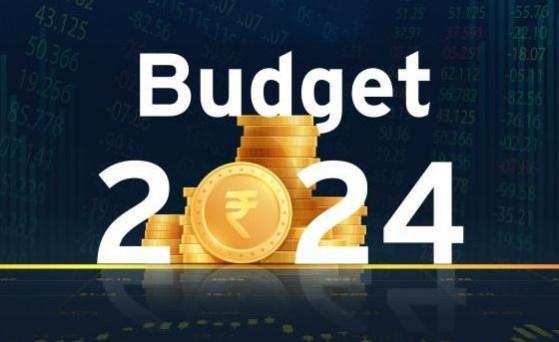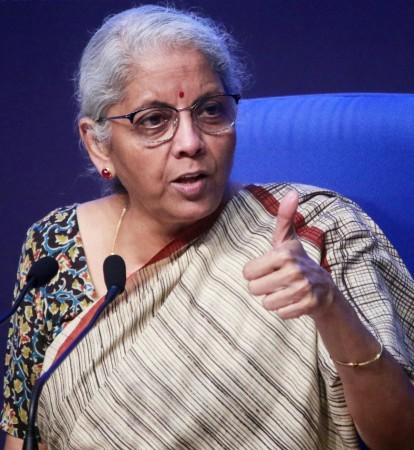
In a significant move to bolster local innovation and entrepreneurship, the Indian government has announced the abolition of the controversial angel tax on startups. This decision, announced in the Budget 2024, has been hailed as a major relief for the startup ecosystem, which had been lobbying for the rationalization of the Angel Tax under Section 56(2)(viib) of the Income Tax Act. The Angel Tax, since its introduction, had been a source of discomfort and confusion for startups and investors alike. The tax was levied on the capital raised by unlisted companies through the issue of shares where the share price was seen in excess of the fair market value. The excess capital was treated as income and taxed accordingly. This provision was seen as a major hurdle for startups, often coming in the way of attracting more investments.
Raj Ramachandran, Partner, JSA Advocates & Solicitors, welcomed the abolition of the angel tax, stating that it would greatly aid in capital formation for the startup sector. The move is expected to benefit over 80,000 startups registered with the Department for Promotion of Industry and Internal Trade (DPIIT), which had been granted Income Tax exemptions. The Indian startup ecosystem has shown remarkable resilience and growth over the years. More than 1.14 lakh startups in India have created over 12 lakh jobs so far, according to the Finance Ministry. The cumulative funding for more than 31,000 tech startups has exceeded $70 billion from 2019 to 2023, as per a report by Nasscom in collaboration with Zinnov.
The abolition of the angel tax has been received with widespread applause across sectors. Industry leaders and entrepreneurs have expressed their enthusiasm for this progressive reform, highlighting its potential to foster innovation, attract investment, and drive economic growth. Sumit Singhania, Partner at Deloitte India, lauded the budget for its comprehensive tax measures, noting that the abolition of the angel tax and the reduction of the headline tax rate for foreign companies were very welcome changes.
Further commenting on this development, Sanjay Sehgal, Chairman & CEO at MSys Technologies, Venture & Angel Investor, Philanthropist said, "This is a welcome move from the government for the Indian startup ecosystem. It took 12 years but now it removes a significant barrier for early-stage funding and will undoubtedly encourage more investment in innovative ideas. This will lead to a surge of new startups and accelerate India's journey towards becoming a global innovation hub."

The Union Budget 2024 also set the stage for eCommerce and Direct-to-Consumer (D2C) brands to thrive. With the festive season underway, brands are witnessing a steep rise in positive sentiments in product adoption. The phenomenon of revenge spending, driven by pent-up demand and the opening up of travel and leisure, is expected to drive up demand this season. D2C brands are aggressively pursuing their own strategies to woo customers, ramping up their offerings, building their inventory, and increasing tech capabilities and marketing functions.
The government's commitment to making Odisha an ultimate tourism destination in the country was another highlight of the budget. The reduction in customs duties for gold, silver, and platinum was a long-standing demand from the gems and jewellery industry. The budget also proposed a new tax rate structure and announced a major reduction in customs duty on cancer drugs and mobile phones.
The Union Budget 2024 has laid a progressive tax policy roadmap for years to come. The abolition of the angel tax is a significant step towards fostering a vibrant startup ecosystem in India. It is expected to enhance capacities to innovate, attract talent, and scale visions, thereby driving economic growth and job creation. The government's continued focus on infrastructure development, digital infrastructure, and private sector innovation showcases the power of technology in enhancing access to essential services. The budget's emphasis on education and upskilling, along with the strategic package for upskilling the Indian youth, will bolster the aspirations of numerous job seekers and promote professional growth.

The abolition of the angel tax in the Union Budget 2024 is a transformative measure that is expected to significantly boost the Indian startup ecosystem. It is a testament to the government's commitment to fostering innovation, attracting investment, and driving economic growth. The move has been widely applauded by industry leaders and entrepreneurs, who believe it will greatly aid in capital formation for the startup sector and pave the way for a vibrant and thriving startup ecosystem in India.

















